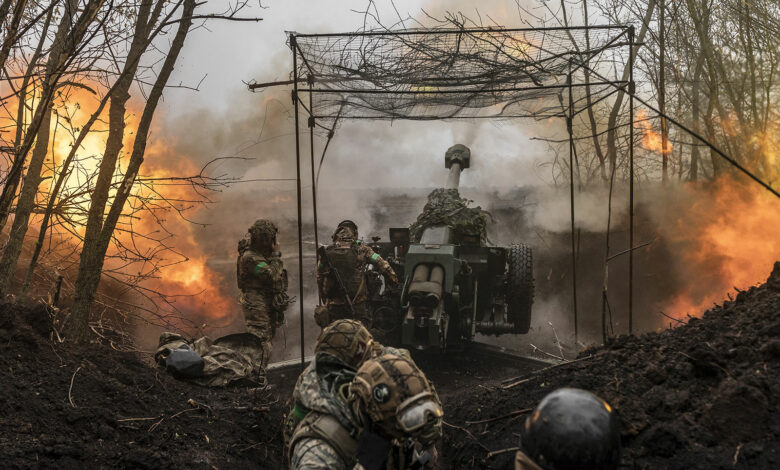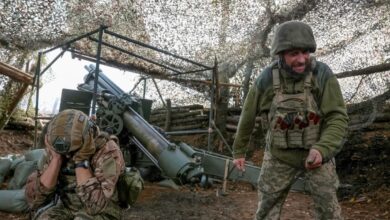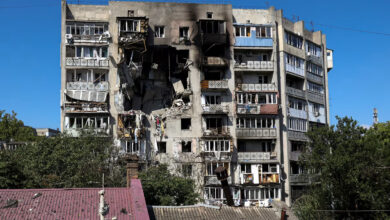
A year ago, Natalia’s life was upended by war. With her family, she fled the fighting in Ukraine’s southeastern city of Mariupol and crossed into Russia.
From there, she and many other Ukrainians were encouraged by Russian authorities to take a 4,000-mile train journey east to the very edge of Siberia, to a coastal town called Nakhodka on the Sea of Japan, a stone’s throw from North Korea. It’s closer to Alaska than to the front lines.
In the absence of a reliable evacuation corridor to Ukrainian-held territory, going to Russia was the only option for many people in Mariupol at that time. Ukraine describes these refugees as forcibly deported, though Natalia says no one forced her to leave.
No longer a home: Russia has tried several experiments to attract people to its resource-rich far east, including from ex-Soviet states. Now, state programs are being repurposed to accommodate fleeing Ukrainians. Those who agree to go to Russia’s far east are promised a cash payment, housing assistance, Russian citizenship and potentially even free land.
Natalia, who was an office worker in Mariupol, has now found work in a local food-processing plant. She told CNN she’s struggling with the cost of rent. She hopes to find a job that better matches her skills, but for now it’s all she can find. She misses home, but at least the maritime climate reminds her of coastal Mariupol. Her husband and daughter are with her, and she says she has no family remaining in Ukraine.
“Nothing’s changed (in the past year) except the place,” she said. “But I no longer have a job that I love and a home I love.”
Russian authorities took her Ukrainian passport and swapped it with a Russian one, Natalia says. The UN Universal Declaration of Human Rights says that “no one shall be arbitrarily deprived of his nationality” and that everyone has a right to leave any country, even their own.




